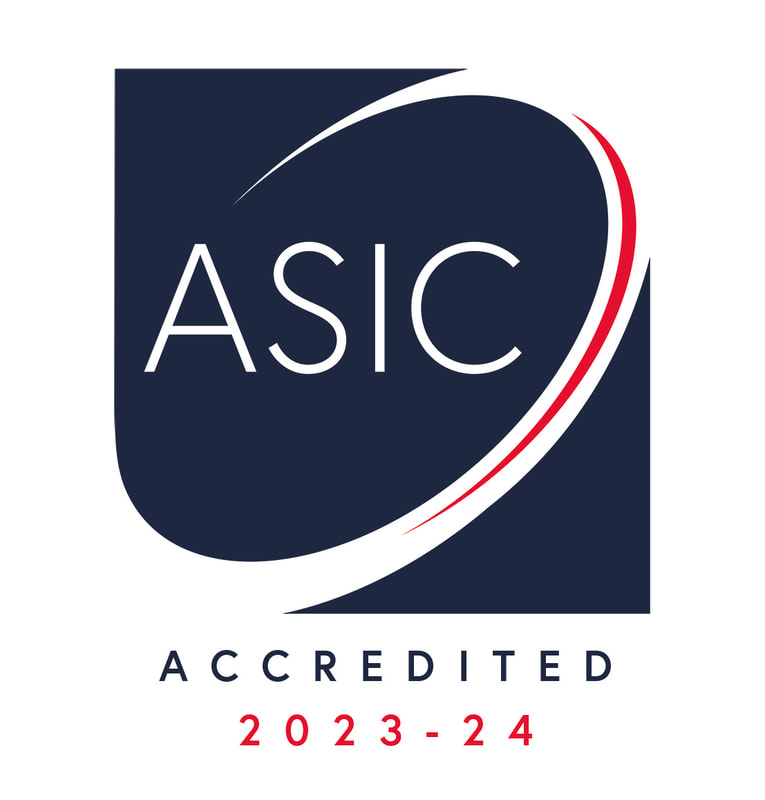Secondary School Qualifications
|
In England, public provision of secondary education in an area may consist of a combination of different types of school, the pattern reflecting historical circumstance and the policy adopted by the local authority. Comprehensive schools largely admit pupils without reference to ability or aptitude and cater for all the children in a neighbourhood, but in some areas they co-exist with other types of schools, for example grammar schools. Academies, operating in England, are publicly funded independent schools. Academies benefit from greater freedoms to help innovate and raise standards. These include freedom from local authority control, the ability to set their own pay and conditions for staff, freedom around the delivery of the curriculum and the ability to change the lengths of terms and school days. The Academies Programme was first introduced in March 2000 with the objective of replacing poorly performing schools. Academies were established and driven by external sponsors, to achieve a transformation in education performance. The Academies Programme was expanded through legislation in the Academies Act 2010. This enables all maintained primary, secondary and special schools to apply to become an Academy. The early focus is on schools rated outstanding by Ofsted and the first of these new academies opened in September 2010. These schools do not have a sponsor but instead are expected to work with underperforming schools to help raise standards. In Wales, secondary schools take pupils at 11 years old until statutory school age and beyond.
|
Education authority secondary schools in Scotland are comprehensive in character and offer six years of secondary education; however, in remote areas there are several two-year and four-year secondary schools. In Northern Ireland, post-primary education consists of 5 compulsory years and two further years if students wish to remain in school to pursue post GCSE / Level 2 courses to Level 3. Ministerial policy is that transfer should be on the basis of nonacademic criteria, however legally post primary schools can still admit pupils based on academic performance. At the end of this stage of education, pupils are normally entered for a range of external examinations. Most frequently, these are GCSE (General Certificate of Secondary Education) in England, Wales and Northern Ireland and Standard Grades in Scotland, although a range of other qualifications are available. In Scotland pupils study for the National Qualifications (NQ) Standard grade (a two-year course leading to examinations at the end of the fourth year of secondary schooling) and NQ Higher grade, which requires at least a further year of secondary schooling. From 1999/00 additional new NQ were introduced in Scotland to allow greater flexibility and choice in the Scottish examination system. NQ include Intermediate 1 & 2 designed primarily for candidates in the fifth and sixth year of secondary schooling, however these are used in some schools as an alternative to Standard Grades. |





